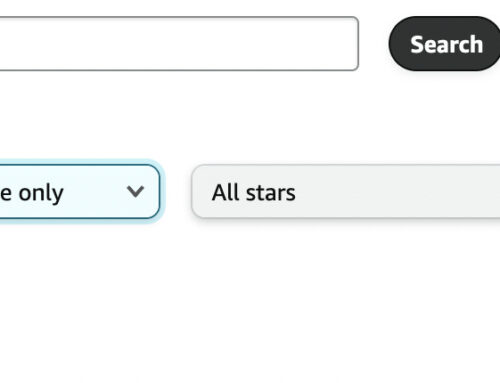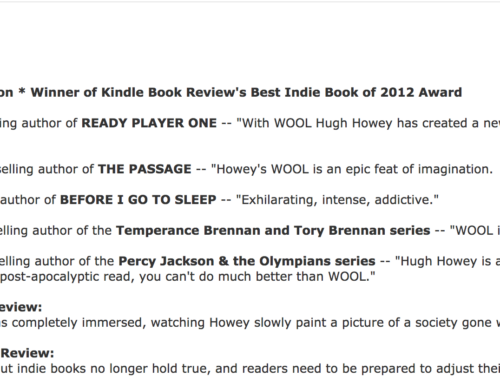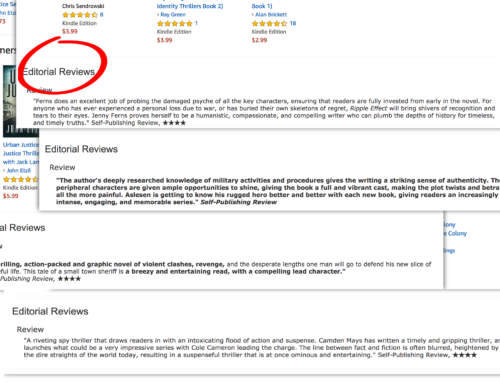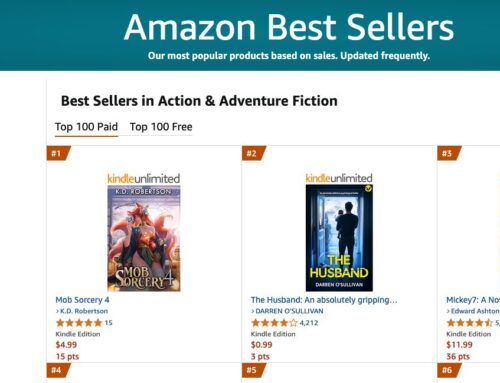 Ah, the thrill of finishing a novel. You’ve spilled your soul onto 300 pages of tortured genius, and now the world – nay, the publishing industry – must fall at your feet. Right?
Ah, the thrill of finishing a novel. You’ve spilled your soul onto 300 pages of tortured genius, and now the world – nay, the publishing industry – must fall at your feet. Right?
Wrong.
Before you clutch that manuscript to your chest and hit “send” with trembling fingers, let’s talk about what actually happens when your email lands in an agent’s inbox. Spoiler: if you skip the prep, your brilliant work will likely get deleted faster than you can say “subjective industry.”
Here’s how to increase your odds of success – and avoid joining the tragic ranks of great authors who were once told to get lost.
First, Some Brutal Perspective
Let’s begin with a sobering thought: rejection is the norm.
- Stephen King’s Carrie was rejected 30 times.
- J.K. Rowling was turned down by 12 publishers (and reportedly some agents) before Harry Potter conjured up success.
- William Golding’s Lord of the Flies was called “an absurd and uninteresting fantasy.”
What did they all have in common? Eventually, they refined their approach. They figured out how to present their work in a way that agents could actually digest. That’s where you come in. Or rather, where you must transform before charging into the inboxes of New York.
The Biggest Mistake: Submitting Too Soon
Here’s the painful truth: the majority of writers submit before they’re ready. Not just the manuscript – but the entire package. Query letter, synopsis, sample pages… All tossed together like a half-baked casserole. And yes, it smells like desperation.
Signs you’re not ready:
- You wrote your query letter in under 15 minutes.
- Your synopsis is longer than the actual book (yes, someone did this).
- You’re still not sure which genre your book falls under – “sort of fantasy-mystery-romance-literary-thriller.”
- You refer to your book as “the next Game of Thrones meets Eat Pray Love.” Please don’t.
What Agents Are Actually Looking For
Contrary to popular belief, agents are not gatekeeping villains stroking cats in high-backed chairs. They want to love your work. They need good stories. But they also need professionalism.
Here’s what they’re scanning for when they open your submission:
- A compelling, brief query letter that shows voice and clarity (not a diary entry).
- A synopsis that’s digestible, focused, and spoiler-inclusive.
- Clean pages that follow formatting norms, with no Comic Sans or triple spacing.
- Proof that you understand the market—know your comps, your genre, and who you’re writing for.
They’re looking for a writer, not just a manuscript.
Dos and Don’ts Before Submitting
Let’s break it down:
Do:
- Research agents. Know who represents your genre. No, really – know.
- Customize each submission. “Dear Agent” = straight to trash.
- Polish your query and synopsis. Think of them as the trailer and press kit to your film.
- Workshop. Get feedback from beta readers or professionals. Your mom doesn’t count unless she’s a former editor at HarperCollins.
- Know your comps. “If you liked X and Y, you’ll love Z.” That’s how agents sell you to publishers.
Don’t:
- Don’t send your entire 800-page epic fantasy unsolicited.
- Don’t say your book will “redefine the genre.” Arrogance is not a selling point.
- Don’t forget to follow the agent’s submission guidelines. It’s not a test – it’s just basic respect.
- Don’t lie in your bio. They will Google you. This is not Catfish: The Publishing Edition.
- Don’t email them daily asking for an update. They remember that sort of thing – and not fondly.
The Ironic Twist: It’s Not Just the Writing
Here’s the Dostoevskian tragedy: your manuscript could be a masterpiece – and it still won’t matter if the submission package is clumsy. You could be holding the next The Road, and no one will notice because your query read like a ransom note.
You need more than talent. You need strategy, structure, and the right tools. You need to build your submission like a bridge – not a confessional booth.
One More Thing…
Remember: every successful author was once a clueless submitter. But they learned. They adapted. They didn’t keep pressing “send” into the void expecting different results.
There are resources – good ones – that walk you through the agent submission process step-by-step, from perfecting your materials to knowing when (and when not) to query. Some even automate parts of it so you can focus on writing instead of sweating over formatting for the sixth time.
So before you hit send, pause. Get it right. Your future agent will thank you.
Check out our Agent Submission Builder if you’re really serious about going through with this.
Get an Editorial Review | Get Amazon Sales & Reviews | Get Edited | Get Beta Readers | Enter the SPR Book Awards | Other Marketing Services






















Leave A Comment